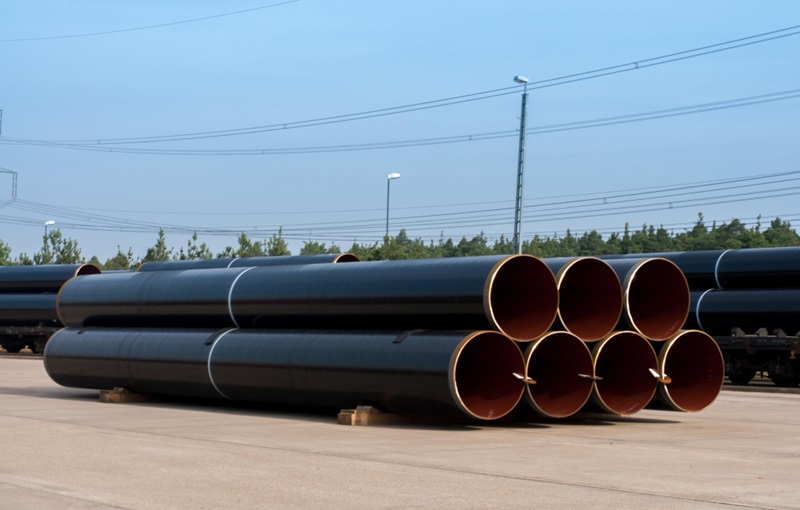 Since the late 1980s, pipe piles have experienced a surge in popularity within the construction industry. Their exceptional load-bearing capabilities make them invaluable assets for heavy structures or deep foundations projects. Considering pipe piles is a wise decision if your project falls under these categories. Let’s explore the basics of pipe piling. See how to source them from the best pipe pile suppliers for optimal construction results.
Since the late 1980s, pipe piles have experienced a surge in popularity within the construction industry. Their exceptional load-bearing capabilities make them invaluable assets for heavy structures or deep foundations projects. Considering pipe piles is a wise decision if your project falls under these categories. Let’s explore the basics of pipe piling. See how to source them from the best pipe pile suppliers for optimal construction results.
The Fundamentals of Pipe Piling
Pipe piling offers a simple and effective deep foundation solution. It involves driving prefabricated steel pipes into the ground, typically using specialized hammers. These piles derive their strength primarily from friction with the surrounding soil. The adaptability of pipe piles lies in the different designs available, which your chosen pipe pile suppliers can explain. This allows for customization to match your project’s specific ground conditions and load requirements. The inherent strength of steel enables pipe piles to handle substantial loads. Additionally, several alternatives ensure you get the suitable materials for optimal durability in your pile foundations.
Understanding Different Types Offered by Pipe Pile Suppliers
Although all pipe piling methods share similarities, like being driven into place and adapted to unique soil conditions, several distinct types exist. Let’s focus on one of the most common:
- Unplugged Open-Ended: Consider an empty pipe with an open bottom. After installation, the soil level inside the pipe ideally matches the level outside. This type of pipe pile relies on friction with the surrounding soil to transfer the structural load.
- Plugged Open-Ended: These pipes feature a plug at the bottom, creating a soil displacement effect. This means the soil level inside the pipe remains lower than the surrounding ground after installation.
- Base Plate: Imagine a steel plate welded to the bottom of the pipe. This design increases pressure and friction to minimize potential sliding. Base plates are handy in rocky areas where the pile rests on a layer of soil above bedrock.
- Steel Pipe with Rock Shoe: Suppose a reinforced ‘shoe’ fitted to the pile’s end. This type is designed for scenarios where the pile directly contacts a rock surface. The rock shoe must be robust enough to bear the entire load and prevent sliding on the uneven rock.
- Durability of Franki Pipe Piles: Franki piles are constructed with longevity in mind. They feature a dry concrete plug at the base, allowing them to endure much higher impact forces during installation compared to alternative options offered by experienced pipe pile suppliers.
What Are the Advantages of Pipe Piles?
- Ideal for Heavy Loads: When your project demands a solid, deep foundation to support significant weight, pipe piles are an excellent choice.
- Cost-Effective Customization: The experienced Pipe pile suppliers can tailor piles to match your project’s structural specifications precisely, optimizing costs and ensuring the ideal foundation.
- Pre-Installation Inspection: The ability to inspect and safely test pipe piles before installation offers peace of mind.
- Ease of Expansion: Pipe piles make it easier to modify or expand foundations later, saving time and resources.
- Durability and Low Replacement Costs: The inherent strength of steel means pipe piles resist cracking during installation, reducing the need for expensive replacements down the line.
Ensure Unmatched Structural Support with International Pipe
Let the experts at International Pipe secure your project with the finest pipe piles. Experience the strength and versatility of pipe piles from us. Our pipe pile suppliers offer customized solutions, ensuring durability and long-term reliability for your project. Contact us today for a consultation with our expert pipe pile suppliers.
